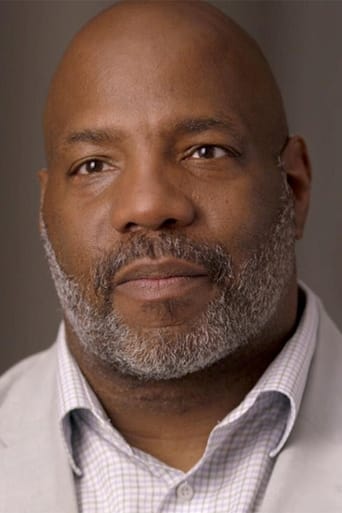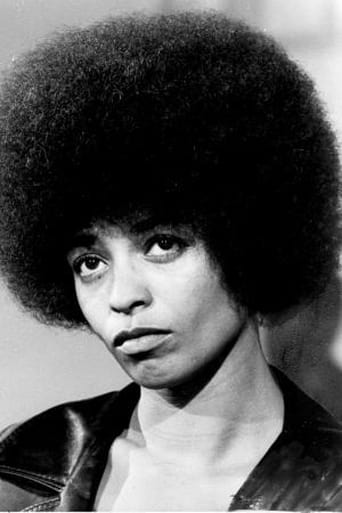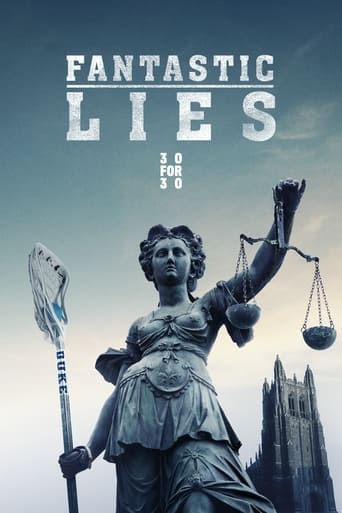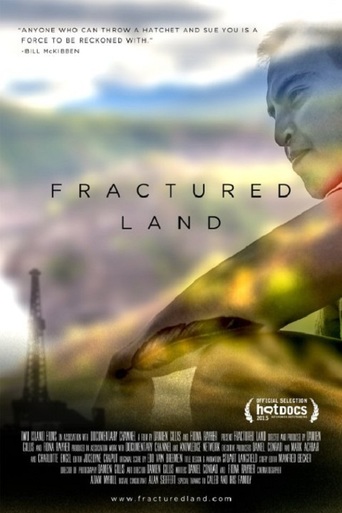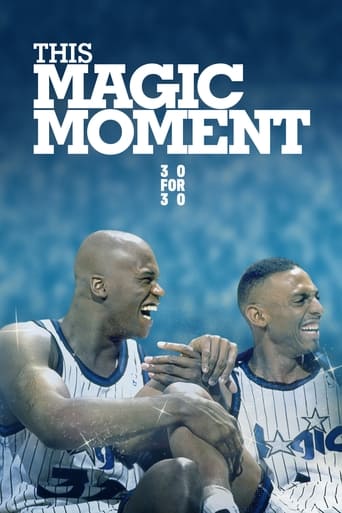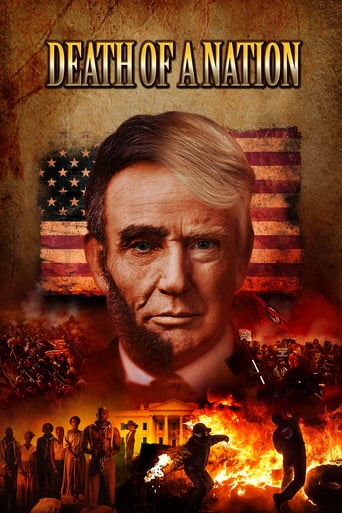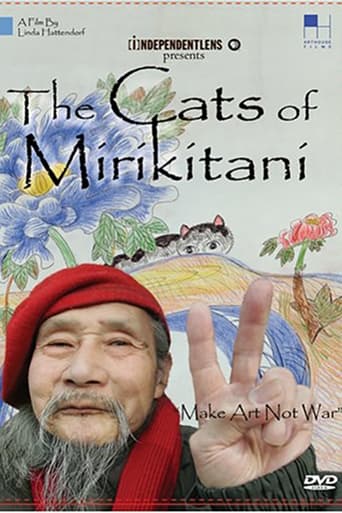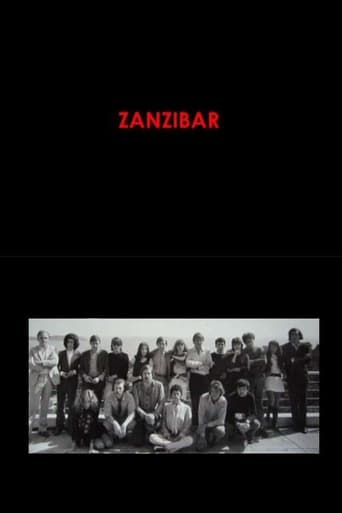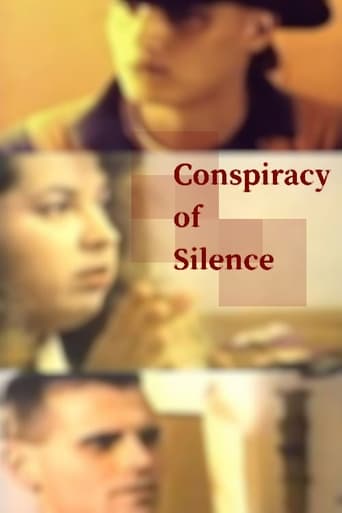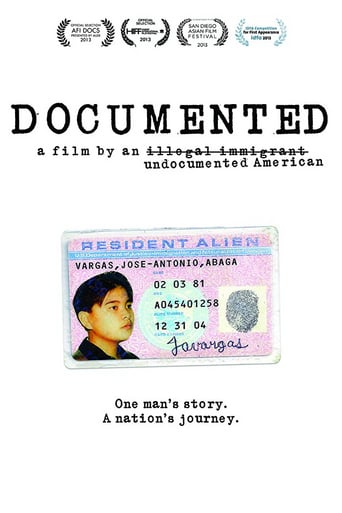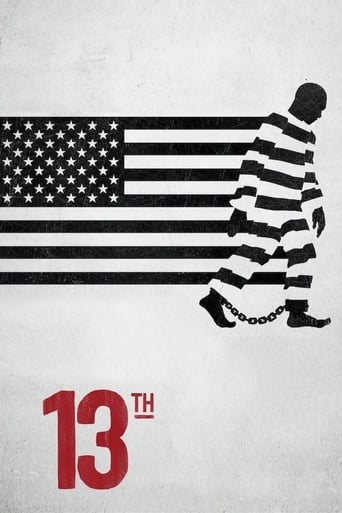
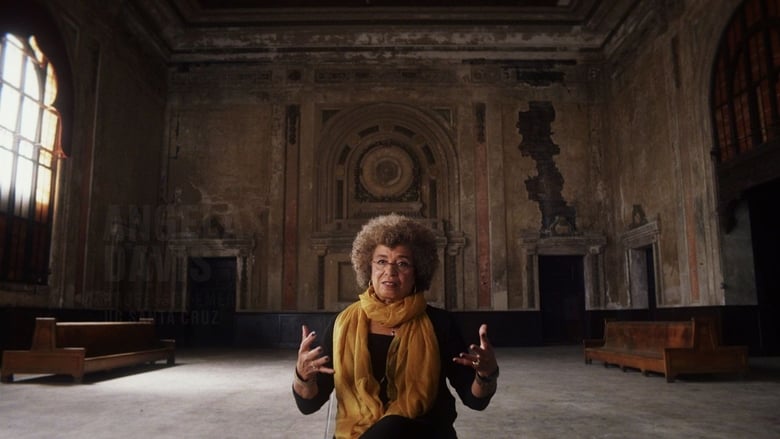
13th (2016)
An in-depth look at the prison system in the United States and how it reveals the nation's history of racial inequality.
Watch Trailer
Cast
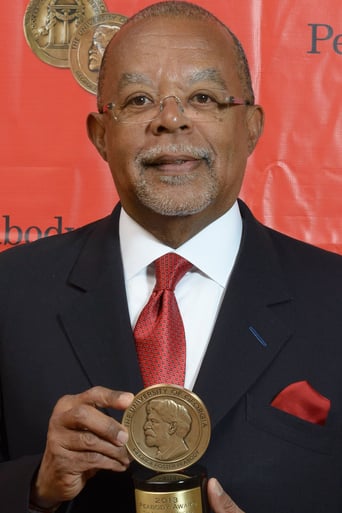
Similar titles
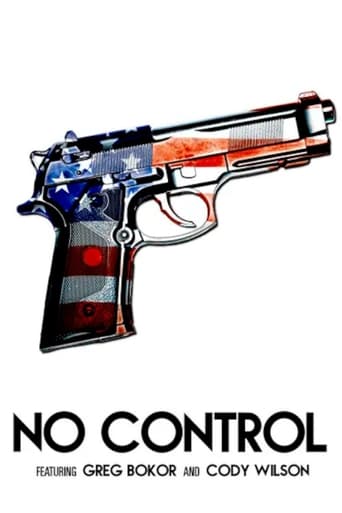
Reviews
the audience applauded
I don't have all the words right now but this film is a work of art.
Absolutely Fantastic
I like movies that are aware of what they are selling... without [any] greater aspirations than to make people laugh and that's it.
13th is Ava Duvernay's follow-up to Selma & what a thought provoking indictment of the American penal system it is. Like a permanent lump in the throat, this visual thesis posits continuing slavery in the US, even though it's not referred to in name, as our prison system continues to have its fill w/people of color. We have the usual barrage of talking heads, historical footage & factoids sprawled across the screen but the urgency of the message & recent history lend considerable credence to this doc's claims.
This documentary was truly poignant and inspiring. I have no issue with the motivation or the legitimacy of the increase in prison population or the fact that minorities make up more of the population than social majorities. I also acknowledge and appreciate the patterns throughout history that may have contributed to this problem. I do, however, have an issue with the fact that many "facts" were exaggerated for the purpose of sensationalism. The ratios of population demographics, the prison population numbers, and the skewed political views made it very difficult to appreciate or trust the documentary's information. There are real numbers and statistics that support the basis of this film, however, they are not the ones presented in the documentary. For example, the population numbers are inclusive of local jail inhabitants despite being labeled "prison" population, increasing the numbers by hundreds of thousands for dramatic effect. Also, the documentary stats are that African-American males make up 6.5% of the US population, which is true. The documentary also states that African-American males make up 40.2% of the prison population. In reality, African-American Inmates of both genders make up 34.8% according to the Department of Justice's 2014 report. Hispanic/Latino inmates of both genders make up 34.9% while Caucasian inmates of both genders make up 27%. These numbers are accurate but not as dramatic as the ones presented in the documentary. They are still disturbing since they are not proportioned with the US population, showing minorities at a gross disadvantage since Hispanic/Latino and African-American races make up roughly 70% of the prison population despite only making up roughly 30% of the United States Population based on the 2010 Census. The problem is legitimate. The documentary's statistics are not. They also did not address the serious economic failings of our last president that contributed to poverty which contributes to crime, unemployment, and drug rates, however they did address failings in every other administration. The documentary was also politically skewed, using propaganda and voice overs out of context to disparage a certain political party or individual. Therefore, their political views could not be seen as objective either. Individuals presenting an issue of such grave importance should not allow themselves to be discounted by giving into the temptation for sensationalism, dramatics, and petty propaganda. Let the true facts speak for themselves to make known that the issue is real and must be addressed.
The title refers to the 13th Amendment, which was passed back in the late 19th century following the end of the Civil War. This reform was set to put an end to slavery, and when it passed, many thought it marked the end of racial discrimination that tattered our country (especially the South). Regrettably so, the unfair treatment against African-Americans still lingered, and it's a problem that still remains active to this day. While many influential figures such as Dr. Martin Luther King Jr. contributed to such political movements such as the Civil Rights of 1964, many African-Americans are struggling to find for their freedom in various areas. One of which involves the law enforcement, and how the prison system has continued to react reasonable towards crime committed by the white community, while given an unfair treatment towards the black community. Directed by Ava DuVernay who last took charge of the MLK biopic 'Selma', this thought-provoking documentary focuses on the history of the mass incarceration of African-Americans, and how it shed light on America's corrupt practice of racial inequality in the prison system. With the mass incarceration rate growing rapidly year by year, this film offers a deep intake of on how African-American have fallen victim to unfair treatment by the legal system.Ava DeVernay's purpose for this documentary is not to offer a bias sentiment on our country's legal system but to open the spotlight of an issue that has put racial tensions and the law enforcement into bitter collision. Embarking on the history of the 13th Amendment, this film pedals on the harrowing history of unethical conduct against the African-American community including lynching and hate crimes such as the murder of Emmett Till. DeVarnay powerfully supports the material with interviews of college professors and archive news footage of protests, beatings, and police brutality -- all of which are very haunting to watch. DeVernay also gears in the effort of touching on various policies the government's attempts on passing policies in reaction to the epidemic of prejudice treatment against the colored community. A vast majority of this material leads to the vital commentary of our country's prison system which has exhibited an alarming amount of imprisonment of wrongly accused black citizens. The further the film goes on, the more heart- stirring it proceeds as it grows more and more evident on how our society has fallen shallow in justice against the historically underprivileged demographic. Most importantly, it touches firmly on an issue that still remains wildly relevant to this day, especially when you turn on the news. Although some will argue the film plays on their emotions, it only offers a unpleasant truth of a controversial issue.13th is a harrowing, thought-provoking documentary that makes an enthralling delivery of a haunting issue that has affected our society in many decades, while offering a crucial historical lesson on the clash between race and law enforcement. It is not pleasant to sit through nor does it offer a bias agenda. But most importantly, it is a documentary that deserves your attention.
Fair warning: I am aware my review will be downvoted into oblivion like everyone else who recognized the film is a propaganda piece. If you're willing to recognize an alternate (but factual) viewpoint, carry on.This film had potential to be great, if it wasn't biased. For example, around 46 minutes, Assata Shakur is brought up, being called a revolutionary hero. However, the film intentionally left out why she was serving a lifetime prison sentence, so I looked it up. She was a gang member and a cop killer, and the entire Black Lives Matter movement (literally a terrorist group by definition) is based on her. In fact, her alternate name is being used in the film so you don't immediately recognize this (if you previously knew about her).But if this was included in the film, the argument would've fallen apart immediately. The film tried to use her as an example of the FBI going after a powerful black figurehead, such as with MLK. You cannot compare those two individuals simply because they're both black and both were wanted by the FBI. They were completely different people.Beyond that example, which is just one of many instances of the purposeful omission of key information, the film simply grabs at straws. The concept is based on the oppression and "slavery" of African Americans beyond the Civil Right Movement. Yes, obviously this did happen, and the film did present some significant examples, such as presidents and elite politicians subtly having racist motives.Where this film fails is by not addressing significant philosophical and sociological questions. It does not discuss how, because African Americans were oppressed and many lived in cities, they could not find work or they lived in poverty. And what happens when you live in poverty, regardless of race or ethnicity? You're more inclined to turn to drugs and crime. So there's a reason to be arrested. In fact, while the film tries to say black people were specifically hurt by certain laws, those laws hurt everyone, regardless of race or ethnicity.The film doesn't discuss how the black race is, unfortunately, largely represented by an urban subculture which glorifies crime and violence as a progressive result of poverty. The film would've been better if it introduced this, because then the interesting argument of a cycle is created:Black oppression > stereotypes > poverty > excessive drugs, violence, and crime > tougher laws > longer prison sentences > further emphasis on stereotypes and racismThe film completely blows over this, and instead basically says, "Black people did nothing wrong! It's all the white man's fault, trying to make us slaves again!" In the last three decades, there have been many, many important African American members of society who made something of themselves, fought their way out of economic hardship, and so on. How about Jimi Hendrix, Neil Tyson, Oprah, Michael Jackson, Morgan Freeman, Denzel Washington, the former president, etc. What do they have in common? They weren't involved in that glorified subculture. In addition, the film is intended to be a combination of both black oppression and the insane incarceration rate in the USA, but it would've been better off not trying to say, "It's the white man's fault!" Discussing the prison-for-profit system and unfair poverty in the USA we have without incorporating a falsified perspective of racism would've been better.What you'll get here is a ridiculous argument about how the modern-day prison system is exactly like the post-slavery prison system, in which slaves were arrested for petty crimes to work for free again and rebuild the economy. The modern era is nothing like that, and does not unfairly affect blacks. It affects criminals.
